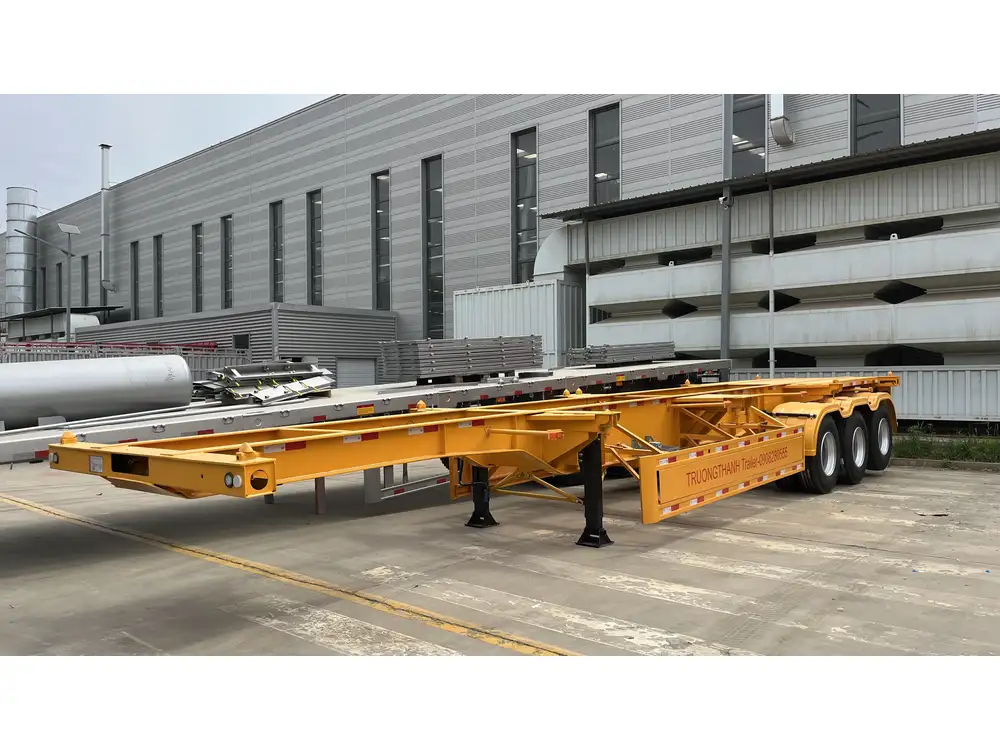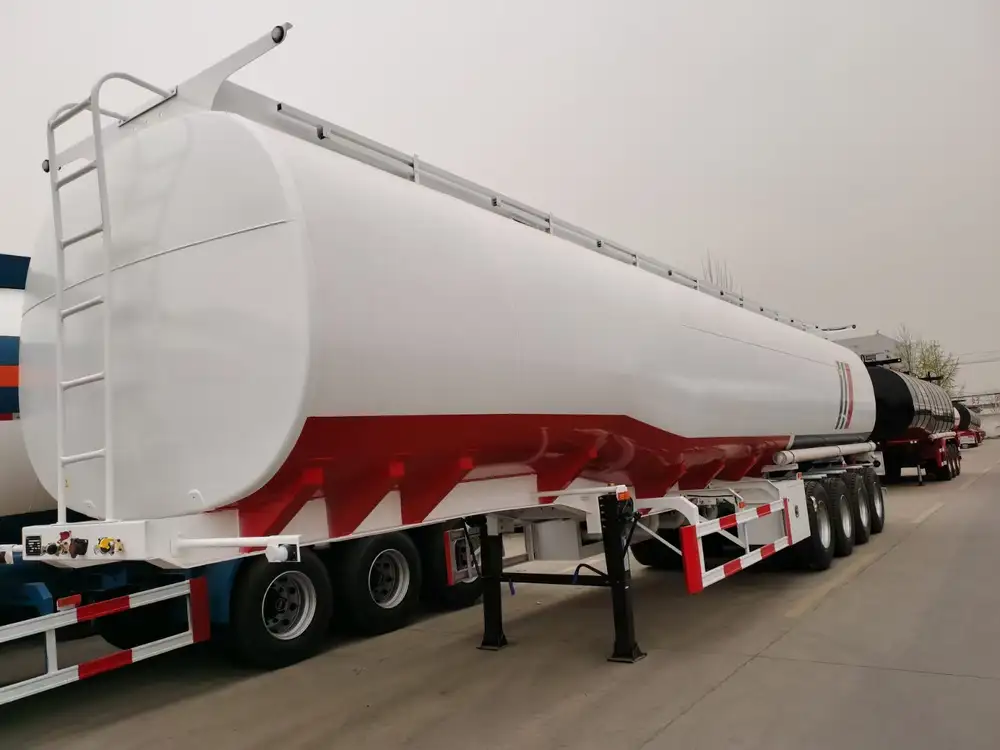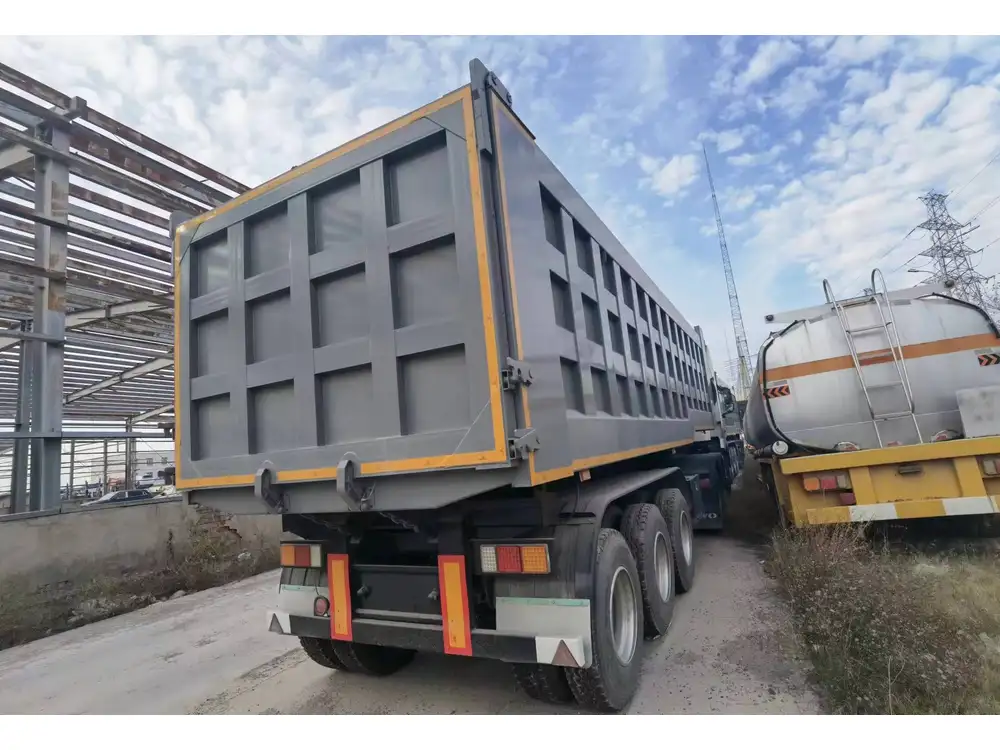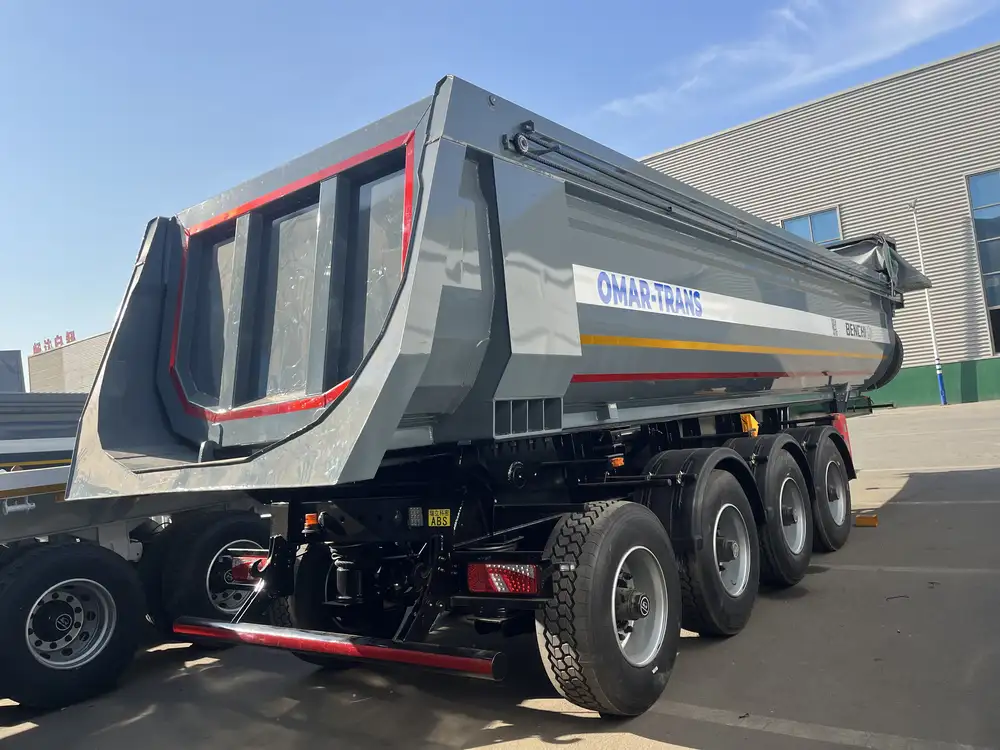When considering the purchase of a septic tank for a trailer, the primary question that arises is, “How much does a septic tank cost for a trailer?” The answer is multifaceted, influenced by various factors such as the type of system, location, size, and installation complexities. This article seeks to dissect these contributing elements in detail, providing you with a thorough understanding to make an informed decision.
1. Factors Affecting the Cost of a Septic Tank for a Trailer
1.1 Type of Septic System
The type of septic system you choose has a significant impact on the overall cost. Various systems cater to different needs, including:
| Type of Septic System | Estimated Cost Range | Description |
|---|---|---|
| Conventional Septic System | $3,000 – $7,000 | The most common type; requires adequate space for installation. |
| Alternative Treatment Systems | $8,000 – $15,000 | Includes aerobic systems or sand filters; suitable for limited space. |
| Holding Tanks | $1,500 – $3,000 | Temporary solution; requires regular pumping and maintenance. |
Understanding what type of system is best suited for your trailer helps to clarify the budget and expectations.

1.2 Size and Capacity Requirements
The size of the septic tank is another critical factor. It should be sized appropriately for the number of users and the waste generated. A standard size for a residential trailer is typically between 750 to 1,500 gallons, and costs can vary widely based on this capacity.
| Tank Size (Gallons) | Estimated Cost Range | Recommended for |
|---|---|---|
| 750 | $1,500 – $3,000 | Single utility trailer or small family. |
| 1,000 | $3,000 – $5,000 | Average family-sized trailer. |
| 1,500 | $5,000 – $8,000 | Larger trailers with multiple users. |
1.3 Installation Charges
Installation fees can add significantly to your budget. Costs vary based on local labor rates, the complexity of the site, and any additional permits required. Some typical installation concerns include:
- Accessibility: Difficult terrain or remote locations can increase labor costs.
- Permit Fees: Required permits can vary widely between jurisdictions.
- Site Preparation: Grading or excavation might be necessary, influencing overall installation prices.
Estimated installation fees range from $1,000 to $5,000, depending on the aforementioned factors.
2. Additional Costs and Considerations

2.1 Maintenance and Pumping
Beyond the initial costs, it’s vital to consider ongoing maintenance, which comprises regular pumping and inspections. Most experts recommend pumping a septic tank every 3-5 years; costs for this service typically range from $250 to $500.
2.2 Local Regulations and Permits
Always check with local health departments or zoning offices regarding regulations, as some areas have specific guidelines on septic systems for trailers. In some instances, the failure to comply with these regulations can lead to hefty fines or forced replacements.
3. Should You Install Your Own Septic System?

3.1 DIY Installation vs. Professional Help
While some trailer owners might contemplate a DIY approach to save costs, the risks involved can outweigh the benefits.
- Pros of DIY: Reduced labor costs and the experience of hands-on work.
- Cons of DIY: Potential mistakes leading to system failure, legal issues from improper installation, and the possibility of voiding warranties.
3.2 Cost-Benefit Analysis of Professional Installation
| Factors | DIY Cost | Professional Installation Cost |
|---|---|---|
| Labor | $0 (your time) | $1,000 – $5,000 |
| Permits | DIY permits | $200 – $2,000 |
| Equipment Rental and Sales | $500 – $2,000 | Included in total installation cost |
| Long-term Risks | High (if mistakes are made) | Low (with professional oversight) |
Ultimately, while a DIY installation may appear to save money initially, the complexities of a septic system often necessitate a professional touch to ensure safety and compliance.
4. Regional Variations in Septic Tank Costs

4.1 Geographic Considerations
The cost of septic tanks can fluctuate based on the region due to differences in labor costs, soil conditions, and local regulations. For instance:
- Urban Areas: Higher costs due to increased labor rates and site complexities.
- Rural Areas: Generally more affordable, but may encounter challenges with less access to professional installers.
4.2 Examples of Regional Pricing
| Region | Estimated Cost Range | Comments |
|---|---|---|
| Northeast USA | $5,000 – $12,000 | Higher demand; complex regulations. |
| Midwest USA | $3,000 – $8,000 | Generally affordable, vast options. |
| Southern USA | $2,500 – $6,000 | Competitive market; more land space. |
| West Coast USA | $6,000 – $15,000 | Land-use regulations can drive costs. |
4.3 Special Considerations for Unique Conditions
Areas with specific environmental conditions — like high water tables or rocky terrain — may require alternative tanks or additional technology, further impacting cost.

5. Understanding Your Needs Going Forward
5.1 Evaluating Your Trailer Setup
When deciding on a septic tank for a trailer, consider its total waste capacity and how many people will use the trailer. You may also want to consider any future expansions you might plan for your trailer setup, such as adding extra tanks or altering load patterns.
5.2 Consulting Experts
Always consult with a septic system professional in your area. Their expertise can help navigate local regulations and site-specific challenges. They can also provide insights into the best tank options for your particular needs and guide you through the specifics of installation and maintenance.

6. Conclusion
Navigating the intricacies of septic tank installation for a trailer requires careful consideration of multiple factors influencing cost. From the type of system chosen to installation and maintenance expenses, each element plays an integral role in the overall budget and success of your septic system.
By understanding the costs associated with different septic solutions and the importance of consulting professionals, you can ensure your trailer remains a comfortable and functional living space. Ultimately, investing time in research and planning can provide long-term benefits, avoiding headaches and unexpected costs in the future.
Remember, when asking yourself, “How much does a septic tank cost for a trailer?” the answer will involve a combination of the elements discussed above. Armed with this knowledge, you can confidently take the necessary steps toward a functioning and efficient septic system tailored to your unique trailer living situation.



